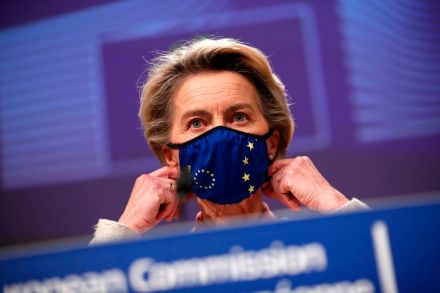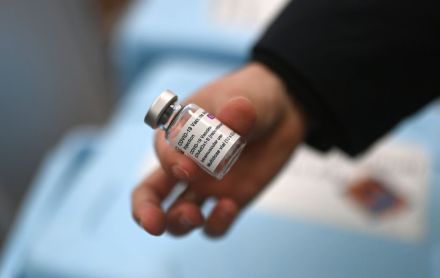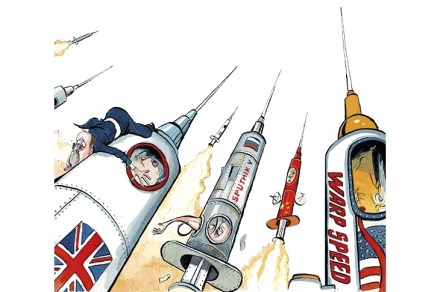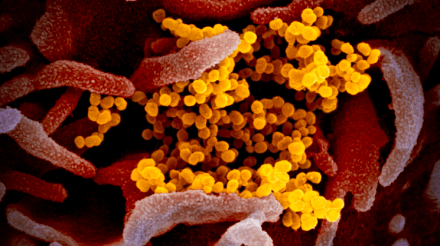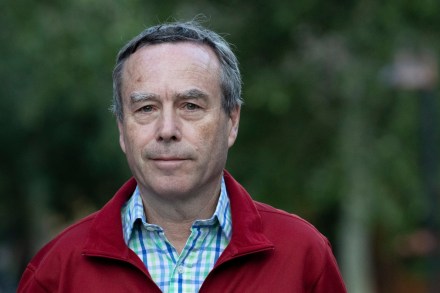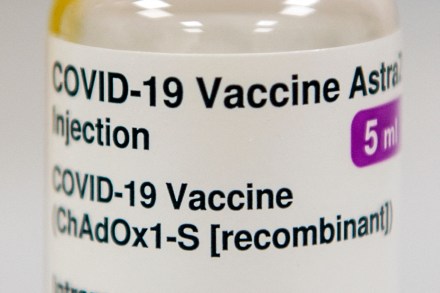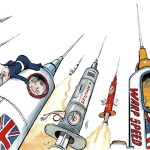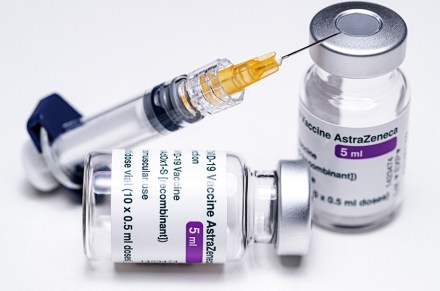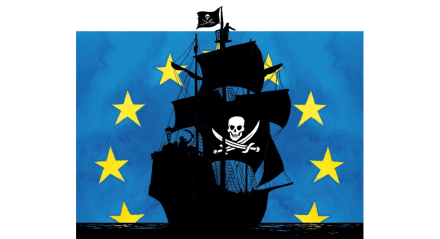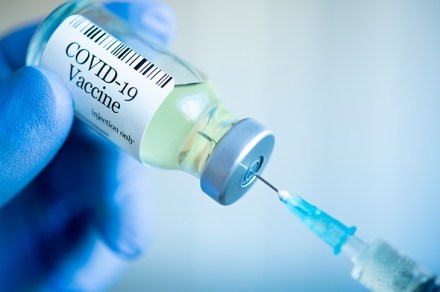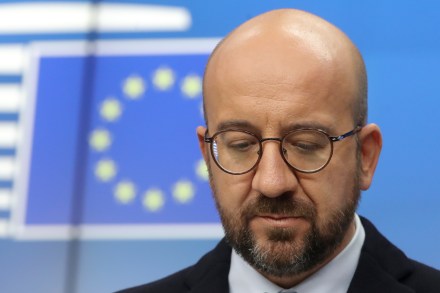Should we be mixing AstraZeneca and Pfizer shots?
To date, the Covid vaccination programme in Britain has involved two doses of one of three vaccines – AstraZeneca, Pfizer or Moderna. But it has stuck rigidly to giving people two doses of the same vaccine. The NHS has not allowed patients to mix vaccines except in a few strict scenarios, such as allowing a second dose of Pfizer when someone developed a blood clot from a first dose of AstraZeneca. But could we actually improve vaccine efficacy by mixing doses? An Oxford study suggests that we could. The study recruited 830 volunteers who were given one vaccine shot. Some – on a blind, randomised basis – were, four weeks





